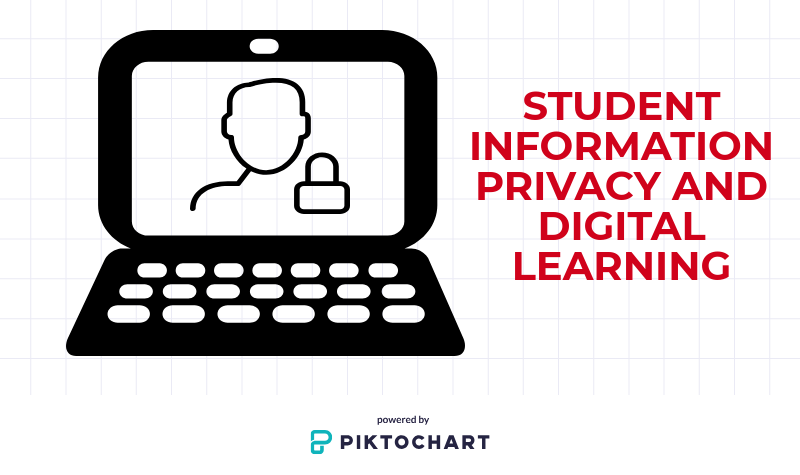
As a parent, it may seem like your child is learning vastly different than you remember school. For the most part this is true due to the amount of technology and the role that technology plays in learning. You may be wondering, is all of the websites and digital programs that my child is using safe? How can I know if my child’s private information is released to outside sources?
These questions can be answered by understanding the federal law that protects your child’s private information and communicating with your child’s school about their digital use policies. I know that in my school district, parents are invited into the school at the beginning of the year to listen to a presentation about the laptop devices and programs that students will be using during the school year. Every parent should make arrangements to attend one of the many information sessions available. By attending the session, you will have the chance to read the school’s digital use policies, understand any liability on behalf of the parent, and ask any remaining questions that you may have. Addressing any concerns at the beginning of the school year will make transitioning your child into the school year with their digital device
What federal law protects my child’s privacy?
FERPA is the Family Educational Rights and Privacy Act that exists to prevent schools from disclosing identifiable student information. This type of information could be the student’s name, address, school, social security number, etc. As a result, many school districts have limited the types of digital programs that can be required for a child to access for school. If the student has to create an account that would disclose personal information, that would violate FERPA. However, many school districts have created their own learning management systems that may be linked with other school invested digital resources such as Brain Pop, Discovery Ed, Vocab.com, etc that have a certain amount of student data to create accounts without violating FERPA. Parents in our district have to sign a waiver for their child to take a laptop device home, but even if parents do not sign the form students will have access to their laptop device in school.
What concerns do you as a parent have with regards to digital learning and privacy? Comment below to join the conversation.